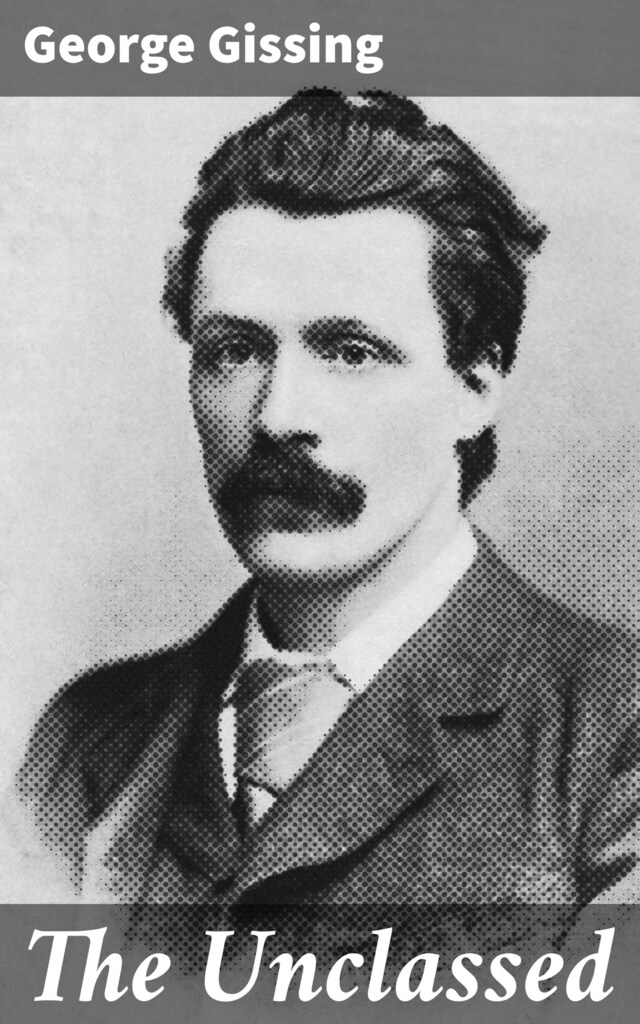The Unclassed
Exploring social class, poverty, and inequality in Victorian England through the eyes of the 'unclassed'
Description of book
In "The Unclassed," George Gissing explores the complex social dynamics of Victorian England by focusing on characters who exist outside conventional class structures, embodying the theme of social alienation. The novel is written in Gissing's characteristic realist style, characterized by a meticulous attention to psychological depth and social detail. Set against the backdrop of a rapidly changing society, it delves into the struggles of its protagonist, a sensitive and idealistic individual, as he grapples with identity, purpose, and the pervasive influence of class distinctions. Gissing employs a rich, descriptive narrative that reveals both the inner lives of his characters and the broader societal implications of their struggles, making the novel a poignant commentary on social mobility and human connection. George Gissing, a prominent figure in late Victorian literature, drew from his own experiences of class conflict and personal hardship, having faced financial instability and societal challenges throughout his life. His upbringing in a lower-middle-class family and subsequent education at Owens College shaped his understanding of class disparities and the importance of individual agency. These lived experiences deeply inform the emotional resonance and authenticity of "The Unclassed," as Gissing vividly illustrates the plight of those who exist in the margins of society. This novel is highly recommended for readers interested in Victorian literature, social critique, and character-driven narratives. Gissing'Äôs insightful examination of class and human relationships not only reflects the historical context of his time but also prompts contemporary readers to reflect on their own societal structures. "The Unclassed" is a compelling read that offers a rich, thought-provoking experience that resonates with the perennial themes of belonging and identity.
 George Gissing
George Gissing 418 Pages
418 PagesThe book The Unclassed and over 1 million other books
from €79/month
Fill your life with stories
